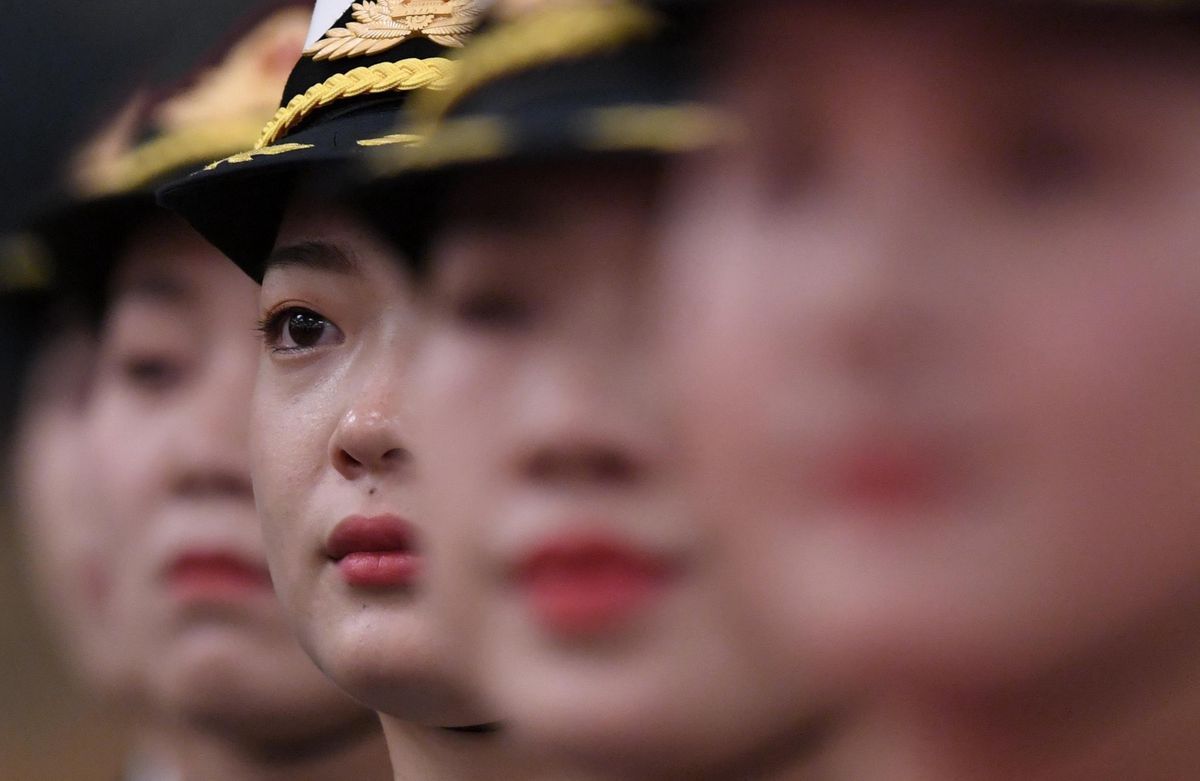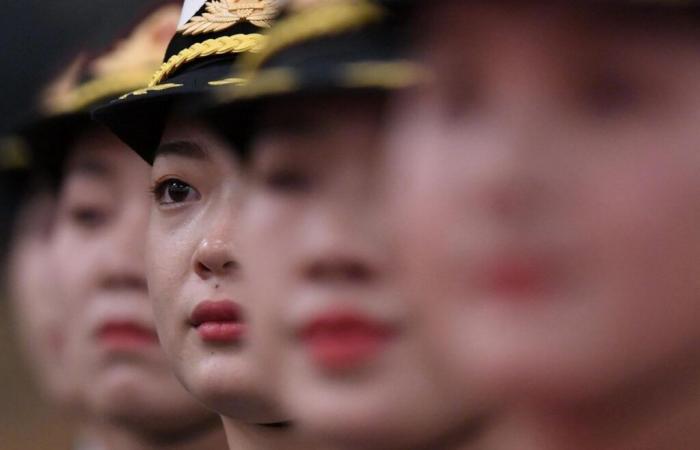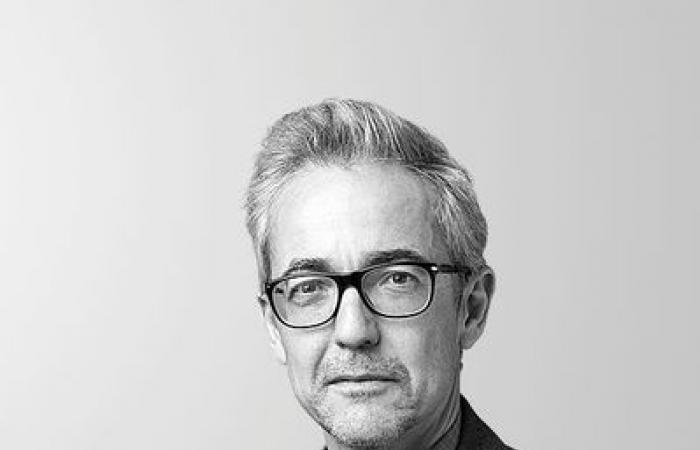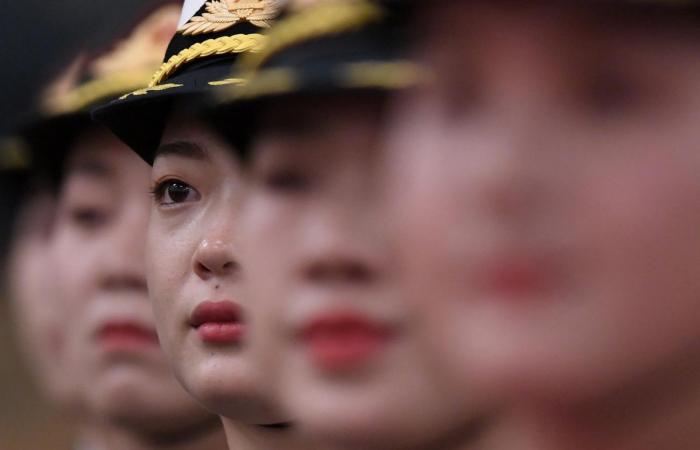An opaque affair –
The Genevan arrested for suspicion of espionage is now free
A former UN collaborator is said to have spied in Switzerland on behalf of China. Counter-espionage deployed its entire arsenal.
Published today at 7:01 p.m.

Chinese intelligence services also often use women as agents. Here is a photo of a Chinese honor guard in Beijing in 2019.
Photo : AFP
Subscribe now and enjoy the audio playback feature.
BotTalk
- A Canadian living in Geneva was detained for more than six months on suspicion of espionage.
- He dated a Chinese diplomat identified as a military agent.
- Secret meetings in Geneva restaurants alerted the Swiss secret services.
- The surveillance measures have been approved by the Swiss authorities.
During this century in Switzerland, no espionage suspect has spent as much time behind bars as Peter Bruce*. The Canadian, living in Geneva, spent more than six months in preventive detention. Only recently was the North Korea specialist released. The Tamedia investigation unit, in cooperation with the German magazine “Der Spiegel” and the specialist site NK News, was able to establish with certainty that Bruce was no longer in prison, but was still in Switzerland.
Murmurs in Geneva restaurants
As part of this journalistic cooperation, we published last August that this sixty-year-old father, a former United Nations collaborator, had been arrested. Motive: suspicion of military, political and economic espionage for China. An interim decision from the Federal Criminal Court now confirms the facts reported last summer. Bruce, now an independent environmental advisor, had met several times with a Chinese diplomat whom the Federal Intelligence Service (SRC) had identified as being a military agent of the People’s Republic.
Both had arranged to meet several times in Geneva restaurants. Their attitude had alerted the SRC. The Canadian and the Chinese woman behaved like conspirators, whispering about North Korean diplomats, with whom Bruce had good contacts. The Chinese woman paid the bills and probably also slipped bank notes to the Canadian in exchange for information.
Green light from federal councilors
In any case, this is what the SRC communicated to the Federal Prosecutor’s Office (MPC). The suspicions of the Swiss Intelligence Service date back to 2011, when Bruce was still working for the UN. The OAG opened a procedure and also ordered surveillance measures. He had telephone connections tapped and placed location beacons on the Canadian’s vehicles. The federal judicial police used an IMSI-Catcher which made it possible to locate another cell phone of the suspect.
-These SRC measures were approved by the Minister of Defense, Viola Amherd, and the Federal Administrative Court, while Elisabeth Baume-Schneider, still Minister of Justice in 2023, gave the green light to the MPC. Finally, the Restraint Measures Court in Bern authorized the various stages of surveillance.
After his arrest, the defendant attempted to prevent the use of the information obtained. Bruce’s lawyer, for her part, assured that Swiss interests were not affected at all. Arguments rejected in November 2024 by the Federal Criminal Court. The decision was published this week.
Gray areas
In Switzerland, intelligence offenses carry maximum sentences of 3 years. What about Bruce? We were not able to know whether he would be indicted or whether the proceedings would be stayed. Neither the MPC nor the Canadian’s lawyer wished to speak.
Switzerland shows restraint in pursuing espionage. The last arrest and conviction in a major case dates back to 1998. It involved an action by the Israeli secret services near Bern.
Translated from German by Simone Honegger
“Latest news”
Want to stay on top of the news? “24 Heures” offers you two appointments per day, directly in your email box. So you don’t miss anything that’s happening in your Canton, in Switzerland or around the world.
Other newsletters
Log in
Did you find an error? Please report it to us.
0 comments








